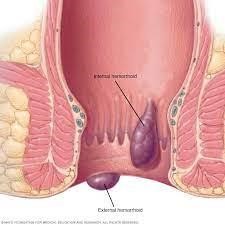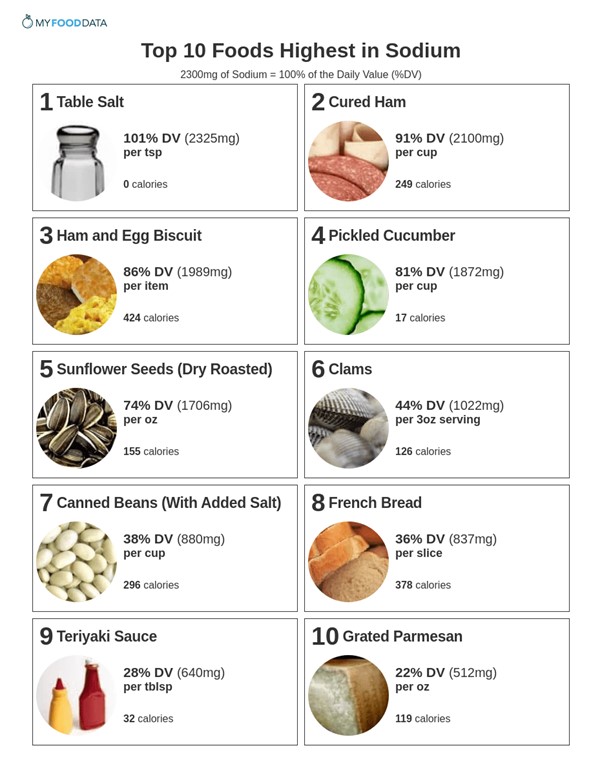A female client with haemorrhoids tells the nurse that she understands the need to avoid eating nuts and seeds to prevent inflammation. How should the nurse respond?
Explain the benefits of a high fibre diet.
Confirm that these foods should be avoided.
Encourage soft foods such as yogurt.
Suggest that the client also avoid fruit skins.
The Correct Answer is B
Choice A
Explain the benefits of a high fibre diet is not correct response. While a high fibre diet can indeed be beneficial for individuals with haemorrhoids by promoting regular bowel movements and reducing strain during defecation, the immediate concern here is addressing the client's understanding about avoiding nuts and seeds. This information could be provided as a follow-up after confirming the client's understanding in response to option B.
Choice B
Confirm that these foods should be avoided is the correct response. In this situation, the nurse's first response should be to confirm the client's understanding and provide accurate information about the need to avoid certain foods. Nuts and seeds can be challenging to digest and may lead to irritation and inflammation in individuals with haemorrhoids. Confirming the client's understanding and providing guidance aligns with the nurse's role in patient education and care.
Choice C
Encourage soft foods such as yogurt is not the correct response. Encouraging soft foods like yogurt is a reasonable suggestion for someone with haemorrhoids, as soft foods are generally easier to digest and less likely to cause irritation. However, the client's statement was specifically about avoiding nuts and seeds. While this choice might be relevant, it doesn't directly address the client's statement.
Choice D
Suggest that the client also avoid fruit skins is not the correct response. This option is not directly related to the client's concern about nuts and seeds. Fruit skins generally contain dietary fibre, which can be beneficial for maintaining regular bowel movements. While some individuals might find that certain fruits with tough skins could exacerbate their haemorrhoid symptoms, this advice might be better suited for a separate discussion about dietary choices rather than as a direct response to the client's statement.

Nursing Test Bank
Naxlex Comprehensive Predictor Exams
Related Questions
Correct Answer is A
Explanation
Choice A
Serum HDL (high-density lipoprotein) of 35 mg/dL (0.91 mmol/L). Among the options provided, a serum HDL level of 35 mg/dL (0.91 mmol/L) is the assessment data that indicates the need for referral to a nutritionist. HDL is often referred to as "good" cholesterol because it helps remove excess cholesterol from the bloodstream, reducing the risk of cardiovascular disease. In this case, the HDL level of 35 mg/dL is below the recommended reference range for females (greater than 55 mg/dL or greater than 0.91 mmol/L), which could suggest a potential need for dietary and lifestyle interventions to improve cardiovascular health.
Choice B
Serum HbA1c (glycosylated haemoglobin) of 4.8% (0.05) is incorrect. This HbA1c level is within the normal reference range (4% to 5.9%) and indicates good blood sugar control.
Choice C
BMI (body mass index) of 22 kg/m² is incorrect. A BMI of 22 is within the normal weight range and might not necessarily indicate the need for a nutritionist referral.
Choice D
Total serum calcium of 10 mg/dL (2.5 mmol/L) is incorrect. This calcium level is within the normal reference range and might not require a nutritionist referral, unless there are other specific concerns related to calcium intake.
Correct Answer is B
Explanation
Choice A
Bananas are incorrect. Bananas are naturally low in sodium.
Choice B
Ground sirloin is correct. For an older adult who needs to limit sodium intake, the nurse should encourage avoiding foods that are high in sodium. Processed meats, including ground meats like ground sirloin, are often higher in sodium due to added preservatives and flavourings. These additives can significantly contribute to sodium content. Encouraging the client to choose lean meats and to avoid processed meats can help reduce sodium intake.
Choice C
Cottage cheese is incorrect. While cottage cheese might contain some sodium, it's usually lower in sodium compared to processed meats.
Choice D
Broccoli is incorrect. Broccoli is a vegetable that is naturally low in sodium.

Whether you are a student looking to ace your exams or a practicing nurse seeking to enhance your expertise , our nursing education contents will empower you with the confidence and competence to make a difference in the lives of patients and become a respected leader in the healthcare field.
Visit Naxlex, invest in your future and unlock endless possibilities with our unparalleled nursing education contents today
Report Wrong Answer on the Current Question
Do you disagree with the answer? If yes, what is your expected answer? Explain.
Kindly be descriptive with the issue you are facing.
